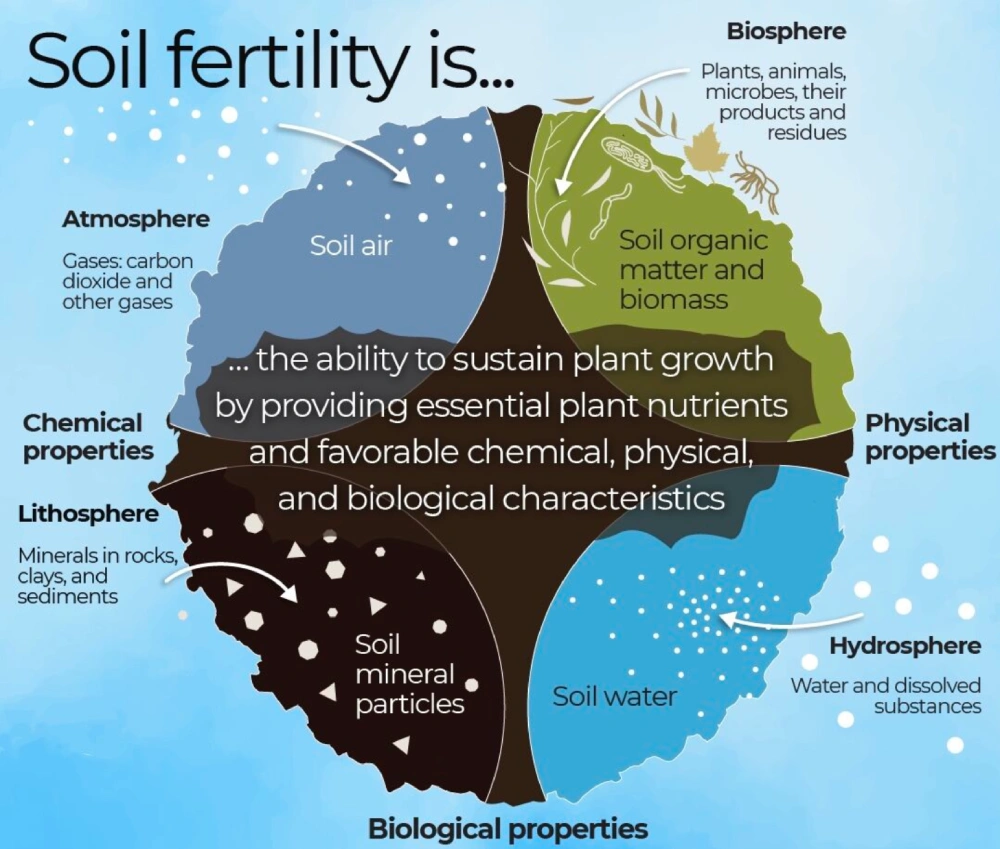Hidden hunger

Hidden hunger (malnutrition), what is the definition and how is caused?
“The hidden hunger due to micronutrient deficiency does not produce hunger as we know it. You might not feel it in the belly, but it strikes at the core of your health and vitality.”
More than 3 billion people worldwide suffer from a deficiency of micronutrients despite an adequate daily calorie intake.
When we think of malnutrition, we tend to think of people in Africa who suffer from food shortages. These problems exist worldwide, but hidden hunger is a big one that is less known to the average European. The most common deficient minerals are vitamin A, Iron, Zinc, Folate & Iodine.
But if we eat a varied diet, how can we still run the risk of micronutrient deficiencies?
One of the main causes is our soil. How we treat this soil. We mainly use chemical fertilizers to fertilize our soil and pesticides to kill weeds and insects.
The microbiome (bacteria, archaea, fungi, algae, and small protists) in our soil is strongly affected by using chemical fertilizers and pesticides. Those microbiomes are present in the soil and are so critical for our intestinal flora. A long-term deficiency of this micro-organism can lead to impaired absorption of vitamins and minerals in our intestine.
There is also a significant role played by seeds in this malnutrition. The population is relatively unaware of this problem. But if we talk about seeds, we talk about the most fundamental part of our food. Because seeds are one of the main sources of food we eat today, either directly or indirectly.
Modification of seeds leads quite often to higher yields, but with less protein, vitamins, minerals, antioxidants & polyphenols. As an example, consider the modern variety of wheat. It has been found that modern varieties have a strong correlation to a growing population of gluten intolerance, besides that ancient varieties contain 35% more minerals than modern varieties.
The companies who sell those seeds have a monopoly on this billion dollar industry. This is because about 65% of all those seeds in the world are now controlled by those four international corporations. But what does control over seeds mean? It means that a farmer will go to the market to buy his seeds, but he won’t have a wide selection to choose from. In the United States it’s now nearly impossible to buy seeds from maize or soy that aren’t genetically modified.
Besides the seed market there is also a monopoly on the pesticide market. An interesting point is that the 4 international corporations who sell the seeds also have a monopoly on the pesticide market too.
But when I have a company who sell seeds and pesticides, why should I sell seeds which don’t need any pesticides?
The conclusion is that there are major financial interests that perpetuate malnutrition.
Pulsbio
The future of our food.
About pulsbio
Cultivating a sustainable future through transparent farming, Pulsbio delivers premium pulse products with a commitment to quality, health, and community empowerment.

Get in touch
Pulsbio B.V.
© 2023 Pulsbio
